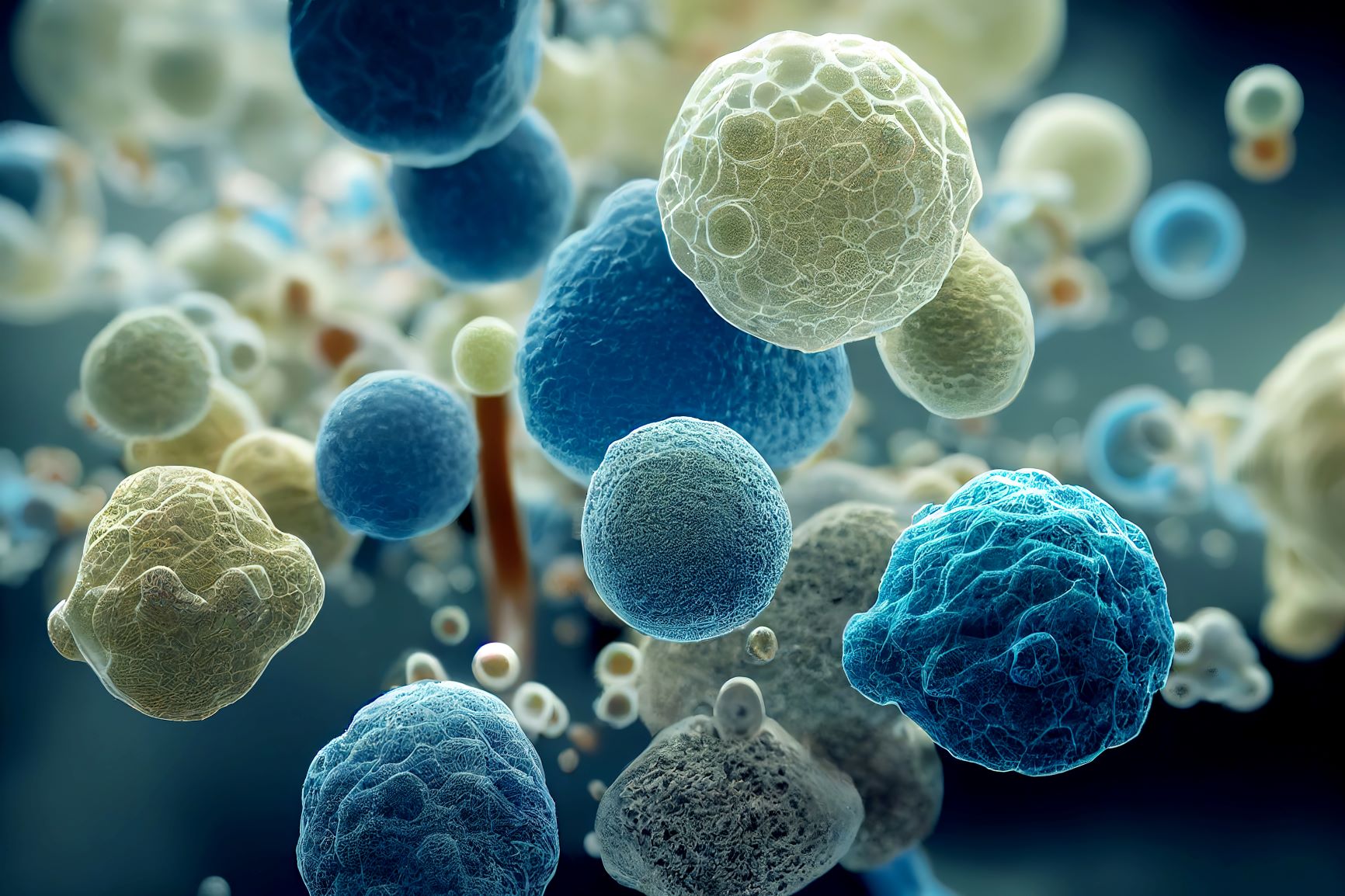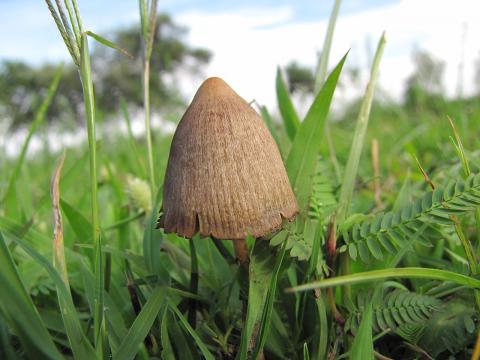Reactions: two studies link microbiota composition to depression
Two studies published in the journal Nature Communications have found specific characteristics in the microbiota of people with depression, including populations of different ethnicities and habits.

Adobe Stock.
Eduard Vieta - microbioma depresión EN
Eduard Vieta
Professor of Psychiatry at the University of Barcelona, Head of the Psychiatry and Psychology Department at Hospital Clínic in Barcelona, and researcher at the Biomedical Research Centre in Mental Health (CIBERSAM)
This is a very interesting and evolving topic. The results are not extraordinarily novel (only in a small part), but they confirm the changes in the microbiome already described and do so in one of the largest samples to date. Moreover, they do so by measuring the severity of depressive symptoms and controlling for the coexistence of other pathologies and the effects of treatment.
They identify changes in the bacterial populations of people with depression related to microorganisms that produce glutamate and serotonin, among other neurotransmitters, which are of great relevance in depression. Moreover, these changes are maintained across cultural, genetic and lifestyle differences in different ethnic groups. Despite the large sample size, some analyses could not be replicated but, in my opinion, it is a step forward in understanding the inflammatory changes associated with depression and the connection between our digestive flora and brain function.
Causality cannot be established, although it is assumed that chronic stress produces inflammation and that is what alters the microbiota, but we also don't know if some of the changes are compensatory.
It is still too early to talk about treatments. On the one hand, there are indications that a balanced diet (e.g. the Mediterranean diet) may improve mental health, although it is not an adequate treatment on its own for major depression. On the other hand, it would be premature and fanciful to consider faecal transplantation as a therapeutic alternative at this stage.
Rosa del Campo - microbiota depresión EN
Rosa del Campo
Researcher at the Ramón y Cajal Hospital and member of the Specialised Group for the Study of the Human Microbiota of the Spanish Society of Infectious Diseases and Clinical Microbiology (SEIMC-GEMBIOTA)
These studies provide confirmation of an existing hypothesis that other authors had previously explored, namely the possibility that people with depression may have a different microbiota. Both studies have been published in a high impact journal and this is due to the high number of cases included. This is the most important thing that these studies provide. The methodology is the usual one used to study differences in gut microbiota composition.
The implication of this work is that we should add the gut microbiota as another factor in the cause of depression. It is suggested that it is an organic cause related to the production/degradation of neurotransmitters by bacteria in the intestinal tract. Although these theories have been around for some time, the study of the microbiota has not yet been incorporated into clinical practice, also because the tools we have to modulate it are scarce. At the moment we cannot use antibiotics because of the high resistance pressure, probiotics are of doubtful use and faecal transplantation is not authorised for this type of pathology.
The biggest problem with this work is that it is based on the composition of the microbiota. From the data obtained, the production/degradation of neurotransmitters is inferred, but the concentration of these neurotransmitters in faeces or serum, which would be essential to prove it, has not been determined. All these studies rely on faecal DNA to determine the composition of the bacteria and from this data the functionality of the bacteria is inferred, but the final metabolome needs to be known.
Conflicts of interest: she declares to be a consultant for two companies related to microbiota: Microbiomik and Microviable, both Spanish.
José Manuel Fernández Real - microbiota depresión EN
José Manuel Fernández-Real
Head of the Nutrition, Eumetabolism and Health Group at IDIBGI and CIBEROBN, Professor of Medicine at the University of Girona and Head of the Endocrinology Section at the Dr. Josep Trueta Hospital
Both studies analyse relatively large populations of subjects, and this is one of their main strengths. One of them has a multi-ethnic population, which helps to analyse the consistency of observations in different populations.
The main limitation of these two studies is that they only characterise the bacterial ecosystem by analysing 16S (a very small portion of the bacterial genome that is highly variable and serves to attribute taxonomy) instead of performing shotgun, which sequences all bacterial DNA. In this way they can only describe families or, at most, genera of bacteria associated with depressive symptoms. Not bacterial species.
It is becoming increasingly important to know the functionality of bacteria, rather than the name of the bacteria. Different bacteria, whatever they are called, may share a functionality and that is what matters when inferring their metabolism. The analysis of this functionality is missing.
Radjabzadeh et al.
- Research article
- Peer reviewed
- People
Bosch et al.
- Research article
- Peer reviewed
- People


